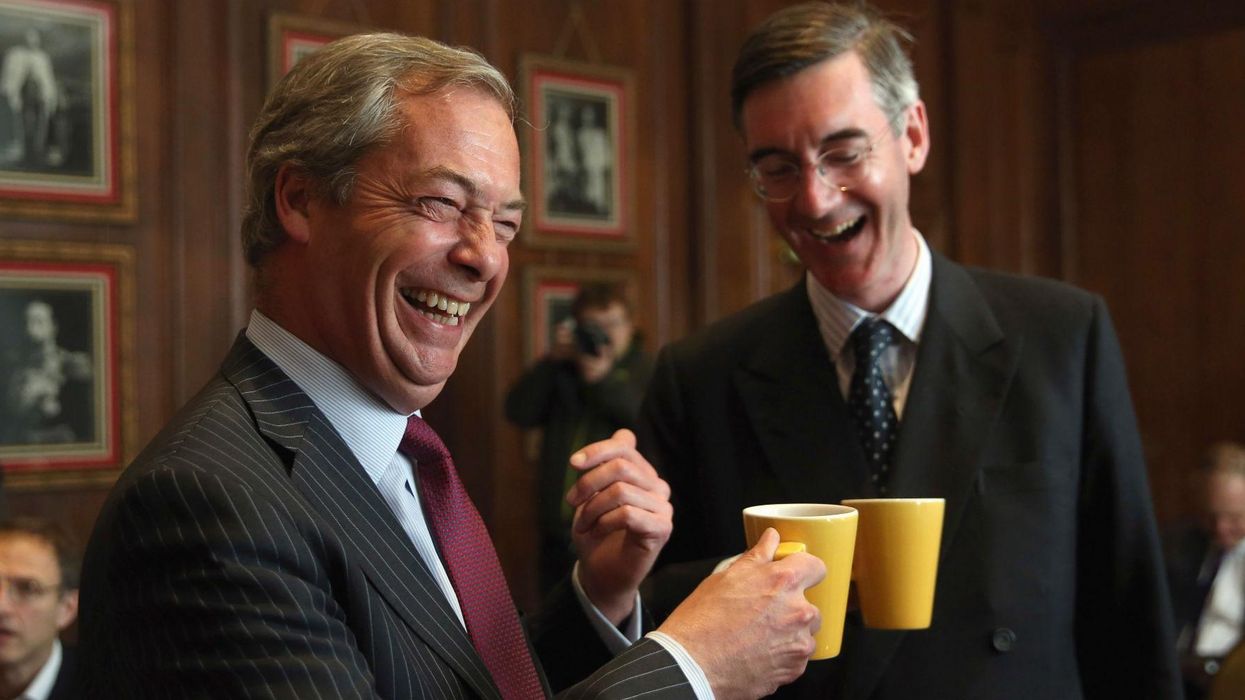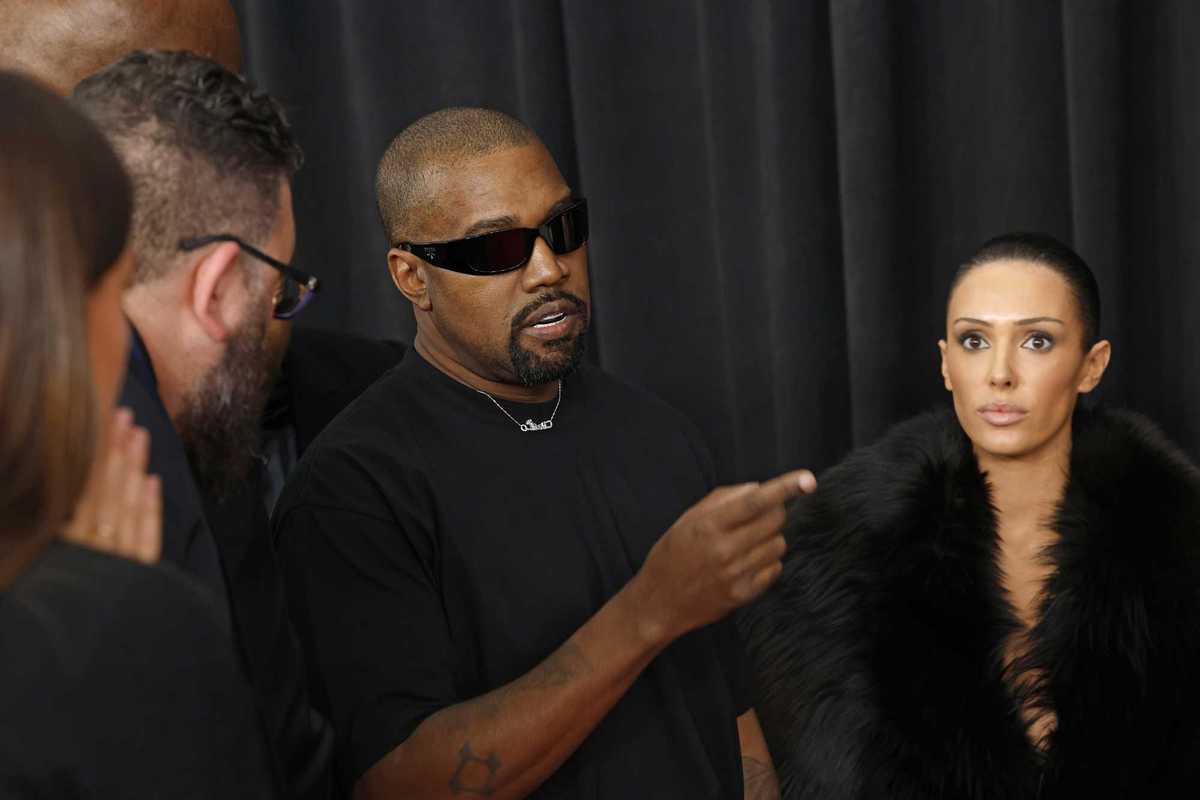News
Appearing on Good Morning Britain on Wednesday, Tory MP Jacob Rees-Mogg spoke about his opposition to abortion under all circumstances, including cases where a woman has been raped or incest has been committed.
Rees-Mogg pointed out that the right to abortion is in UK law and 'that law is not going to change'.
The west country MP has been touted as possible successor to Prime Minister Theresa May, both as leader of the Tory party and the country.
This idea, which gained traction over the summer when Parliament was in recess, is now suffering under the scrutiny of people finding out who Jacob Rees-Mogg is - beyond these memes about his being a 'loveable eccentric'.
Rees-Mogg has been an MP since 2010, and in that time has voted on a number of social issues.
Looking on the Public Whip and They Work For You, indy100 has seen those 'traditional' values in action.
Decriminalising abortion
13 March 2017: The government sought to decriminalise abortion and make changes to access to termination of pregnancies by medical practitioners.
Ress-Mogg voted against.
Reuniting unaccompanied refugee children with their families
1 March 2017: The government bill called for working with Greece and Italy to reunite unaccompanied refugee children with their families, and also for local authorities in the UK to monitor their own capacity to support unaccompanied refugee children.
Rees-Mogg voted against.
Repealing the Human Rights Act
26 May 2016: During the Queen's Speech debate in May 2016, the last to be held under David Cameron's premiership, MPs voted on repealing the Human Rights Act 1998, which allowed UK citizens to have their human rights defended in UK courts.
Rees-Mogg voted to repeal. He also supported a similar repeal bill in 2012.
Spending at least 0.7 per cent of national income each year on international aid
5 December 2014: Third reading of the International Development (Official Development Assistance Target) Bill. According to Public Whip The UK's Gross National Income was $2.521 trillion USD in 2013, 0.7% of which equals 17 billion dollars or around 10 billion pounds.
Rees-Mogg voted against.
Same-sex marriage
21 May 2013: David Cameron's same-sex marriage bill, which became law, allowed same-sex couples to marry, whereas previously they had only been allowed to enter into 'civil partnerships' since 2004.
Rees-Mogg voted no.
He also voted no on votes to extend divorce rights to same-sex couples, and to extend the right to gay marriage to armed forces personnel serving overseas.
Abolishing public subsidies for electricity generating wind farms
6 March 2015: A bill to abolish public money going to set up new wind farms was presented by the backbench MP Peter Bone.
Rees-Mogg voted in favour.
Mass surveillance and the bulk interception of communications
7 June 2015: The government's latest Investigatory Powers Bill gave authorities the power to engage in equipment interference, the retention and examination of bulk personal datasets subject to some safeguards.
Public Whip summed up the bill:
Provisions supported by the majority of MPs could allow the mass interception of people's communications as well as the retention and use by the state of datasets which could include personal banking, travel, and health data.
Rees-Mogg voted in favour.
Mr Rees-Mogg spoke to indy100 shortly after publication to clarify why he voted in favour of the Investigatory Powers Bill - arguing that "most votes are whipped votes" and recommending that the people treat the They Work For You website with caution.
"The key thing is, most votes are whipped votes," explained Mr Rees-Mogg, "and I've voted with the government since 2010."
I wouldn't read into that that I'm in favour of mass surveillance.
He explained that the bill was "so widely supported, there was not a reason to vote against it," adding "the Labour party weren't going to oppose it."
But, just because he voted in favour does not mean that he takes the matter of mass surveillance lightly.
Freedom from unnecessary surveillance is an important constitutional protection - when we face a terrorist threat - it's easy to throw the baby out with the bath water.
The government in their nature ask for more powers, and we must be exceedingly careful to treat those laws with the greatest of caution.
Speaking on They Work for You, Mr Rees-Mogg told indy100 that the press and public should treat the site with caution, adding that certain aspects or votes can on occasion be misleading and certain "nuances can be missed".
A poll published by YouGov on Wednesday found that more than half responded 'don't know' when asked if they hold a favourable opinion of Jacob Rees-Mogg.
The same was true of 44 per cent of Conservative voters.
For context, only 12 per cent of voters held no opinion either way regarding Theresa May, and only 14 per cent about Boris Johnson.
On the subject of the increased scrutiny from the public and the press following his Good Morning Britain interview on Wednesday, Mr Rees-Mogg told indy100 that people are "completely entitled to ask my views - that's what democracy is about."
It's important to bear in mind that there are views that may affect legislation, and views that do not.
I believe in scrutiny and strongly in the free press - I was one of 13 to vote against some of the Leveson stuff - against 530 who wanted to clamp down and muzzle the free press.
If you enter into political life, you are of course going to be placed under scrutiny.
Voting records for this article were gathered from both Public Whip and They Work For You.
Top 100
The Conversation (0)














